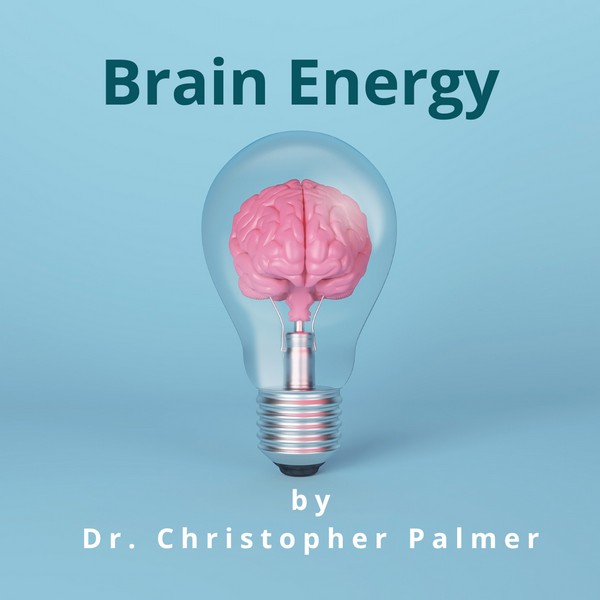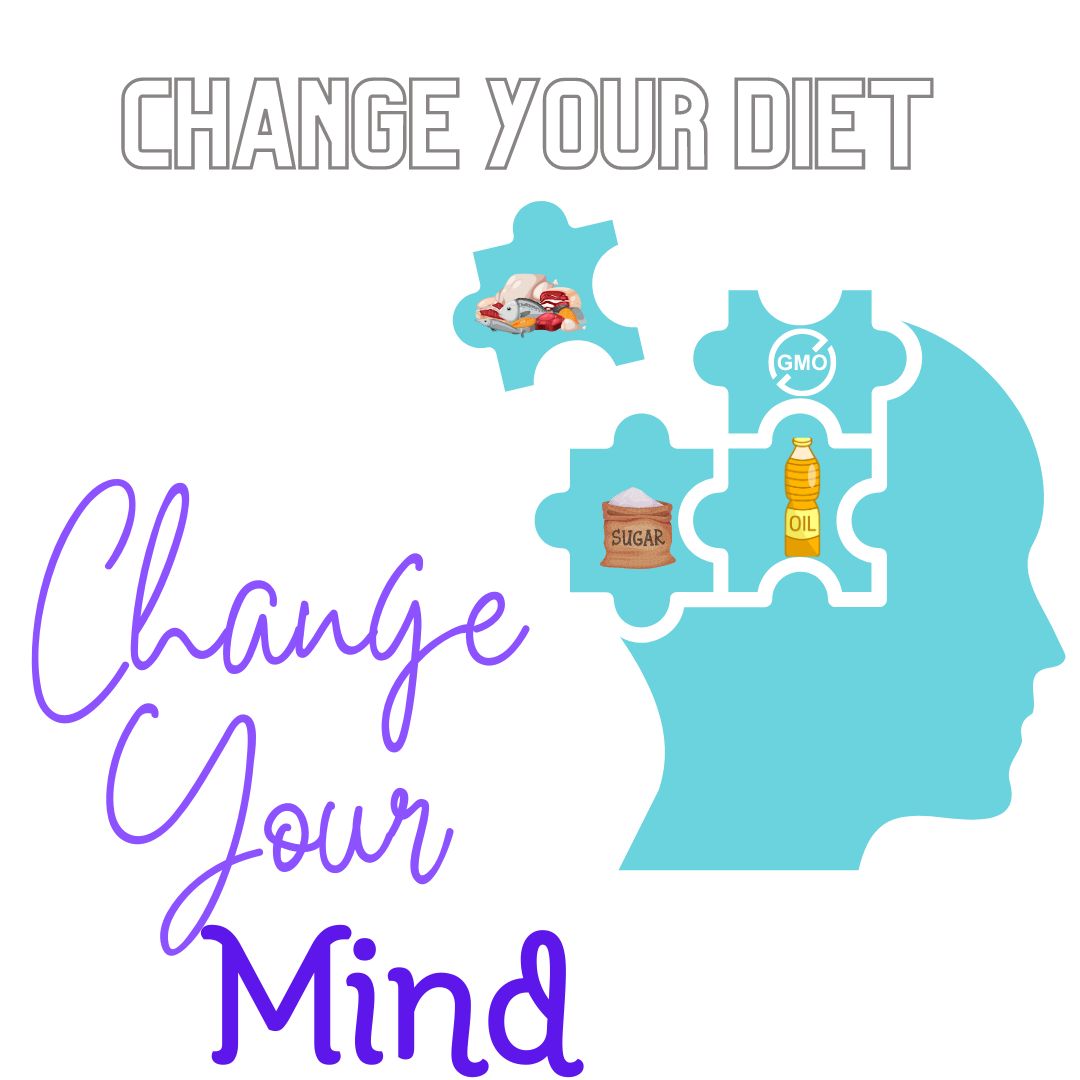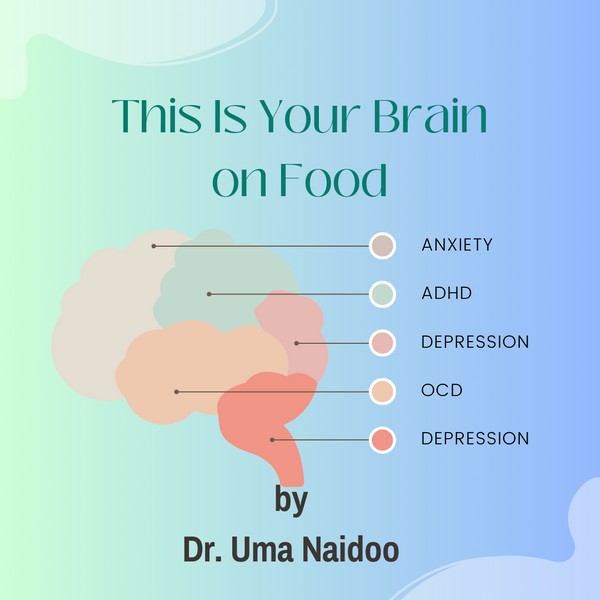Key Takeaways:
- Enhances brain volume and memory.
- Improves cognitive flexibility, multitasking, and executive functions.
- Delays cognitive decline and boosts emotional intelligence.
- Increases empathy, cultural awareness, and decision-making skills.
- Enhances academic performance, reading, writing, and pronunciation skills.
Introduction

Learning a new language offers more than just the ability to communicate in another tongue. It provides a multitude of mental benefits that significantly enhance various cognitive, emotional, and social aspects of life.
The advantages range from boosting brain volume and memory to improving cognitive flexibility and delaying cognitive decline.
Additionally, the emotional and social benefits include heightened empathy, better emotional intelligence, and enhanced cultural awareness.
Cognitive Benefits of Language Learning

Increased Brain Volume and Memory
Learning a new language can lead to an increase in brain volume, particularly in areas related to language processing.
This growth enhances both short-term and long-term memory, making it easier to recall information and perform complex cognitive tasks.
Enhanced Cognitive Flexibility
Multilingual individuals exhibit greater cognitive flexibility, allowing them to adapt more easily to new situations and switch between different tasks efficiently.
This adaptability is beneficial in problem-solving and managing diverse cognitive demands.
Delayed Cognitive Decline

Bilingualism has been shown to delay the onset of dementia and Alzheimer’s disease. The mental exercise involved in switching between languages helps maintain cognitive function and preserve brain health over time.
Improved Executive Function
Learning and using multiple languages enhances executive control functions such as problem-solving, switching attention, and inhibiting distractions.
These skills are needed for effective decision-making and managing daily activities.
Increased Attention Span
Bilingual individuals often have better attention control, enabling them to focus on tasks for longer periods without getting easily distracted. This heightened concentration benefits both academic and professional endeavors.
Enhanced Creativity
Learning a new language fosters divergent thinking, enhancing creativity. Multilingual individuals tend to have higher fluency, originality, and flexibility in their thinking processes, which supports innovative problem-solving and idea generation.
Improved Logical Thinking and Analytical Skills
Language learners develop stronger logical thinking and analytical skills. The cognitive challenges involved in mastering a new language promote better reasoning and the ability to dissect and understand complex information.
Emotional Benefits of Learning a New Language

Improved Emotional Intelligence
Learning a new language enhances emotional intelligence by improving the ability to understand and manage one’s own emotions as well as those of others.
This skill is important for effective interpersonal interactions and emotional well-being.
Greater Empathy
Multilingualism increases empathy, allowing individuals to better understand and appreciate different perspectives. This heightened sense of empathy facilitates stronger connections and more meaningful relationships.
Increased Self-Esteem

Achieving proficiency in a new language significantly boosts self-confidence and self-esteem. The sense of accomplishment that comes with mastering a new skill enhances overall self-worth.
Reduced Anxiety
Higher levels of multilingualism are associated with lower levels of anxiety, particularly in situations involving foreign language use.
The confidence gained from language proficiency helps reduce stress and anxiety.
Improved Psychological Well-being
Multilingual individuals often report higher levels of psychological well-being and life satisfaction. The cognitive and social benefits of language learning contribute to a more positive outlook on life.
Increased Patience and Perseverance
The challenges encountered in learning a new language foster patience and perseverance. These qualities are helpful for personal development and success in various aspects of life.
Social Benefits of Language Learning

Enhanced Cultural Awareness
Learning a new language significantly enhances cultural awareness. It allows individuals to gain a deeper understanding and appreciation of different cultures, fostering respect and open-mindedness.
Improved Social Skills
Language learners develop better social communication skills. This improvement makes it easier to form and maintain relationships, as well as engage effectively in social interactions.
Improved Communication Skills
Mastering a new language enhances overall communication abilities. Great for expressing thoughts and ideas more clearly and effectively, both in native and new languages.
Better Pronunciation Skills
Practicing new sounds and phonetic patterns in a foreign language improves pronunciation abilities. This practice not only benefits the new language but can also enhance pronunciation in the native language.
Academic & Professional Benefits

Better Academic Performance
Bilingual students often excel academically, particularly in subjects like mathematics and reading. The cognitive benefits of learning a new language enhance their overall academic abilities.
Enhanced Reading and Writing Skills
Reading and writing in a foreign language improve literacy skills. Language learners develop better comprehension and writing proficiency, which supports academic success across various subjects.
Better Vocabulary Acquisition

Learning a new language enhances the ability to acquire and retain vocabulary. This skill extends to both the new language and the native language, enriching overall language proficiency.
Improved Decision-Making Skills
Bilingual individuals tend to make better decisions. The ability to consider multiple perspectives and outcomes, developed through language learning, supports more informed and effective decision-making.
Improved Metacognitive Skills
Language learners develop better metacognitive skills, gaining insight into their own learning processes. This understanding helps them become more effective learners and problem-solvers.
Conclusion
The mental benefits of learning a new language extend across cognitive, emotional, social, academic, and professional domains. Enhanced brain volume, improved cognitive flexibility, and delayed cognitive decline highlight the profound impact on mental functioning. Learning a new language can lead to a more enriched, informed, and connected life.
FAQs
What age is best to start learning a new language?
Early childhood is ideal for language acquisition due to the brain’s plasticity. However, adults can also achieve proficiency and reap cognitive benefits through consistent practice and immersive experiences.
Can learning a new language help with career advancement?
Yes, multilingual individuals often have better job prospects, as many employers value bilingualism for roles that require communication with diverse populations and global markets.
How does language learning impact mental health?
Learning a new language can reduce anxiety, improve emotional intelligence, and increase overall psychological well-being, contributing to a more positive and resilient mindset.
What are some effective methods for learning a new language?
Immersive experiences, language exchange programs, using language learning apps, practicing with native speakers, and consistent daily practice are effective strategies for mastering a new language.
Is it possible to become fluent in a language later in life?
Absolutely. With dedication, the right learning strategies, and regular practice, fluency in a new language can be achieved at any age, bringing numerous cognitive and social benefits.
Research
Anpilohova, T. and Polukhina, M., 2023. FOREIGN LANGUAGE AS A MEANS OF HARMONIOUS PERSONALITY DEVELOPMENT. Formation of Competencies of Gifted Individuals in the System of Extracurricular and Higher Education, [online] (1), pp.91–98. https://doi.org/10.18372/2786-823.1.17482.
Botes, E., Dewaele, J.-M. and Greiff, S., 2020. The Power to Improve: Effects of Multilingualism and Perceived Proficiency on Enjoyment and Anxiety in Foreign Language Learning. European Journal of Applied Linguistics, [online] 8(2), pp.279–306. https://doi.org/10.1515/eujal-2020-0003.
Frances, C., de Bruin, A. and Duñabeitia, J.A., 2020. The effects of language and emotionality of stimuli on vocabulary learning. PLOS ONE, [online] 15(10), p.e0240252. https://doi.org/10.1371/journal.pone.0240252.
Fox, R., Corretjer, O., & Webb, K. (2019). Benefits of foreign language learning and bilingualism: An analysis of published empirical research 2012–2019. Foreign Language Annals, 52(4), 699-726. https://doi.org/10.1111/flan.12424
Ghonsooly, B. and Showqi, S., 2012. The Effects of Foreign Language Learning on Creativity. English Language Teaching, [online] 5(4). https://doi.org/10.5539/elt.v5n4p161.
Huang, T., Loerts, H. and Steinkrauss, R., 2020. The impact of second- and third-language learning on language aptitude and working memory. International Journal of Bilingual Education and Bilingualism, [online] 25(2), pp.522–538. https://doi.org/10.1080/13670050.2019.1703894.
Jasim, Y., 2021. Benefits of Learning A Second Language. SSRN Electronic Journal. [online] https://doi.org/10.2139/ssrn.3895362.
Nooriafshar, M., 2013. How Learning a New Language Can Benefit Business Professionals. The European Journal of Social & Behavioural Sciences, [online] 5(2), pp.388–398. https://doi.org/10.15405/ejsbs.78.
Rimehaug, T. and Kårstad, S.B., 2022. Communication and Emotional Vocabulary; Relevance for Mental Health Among School-Age Youths. Frontiers in Psychology, [online] 13. https://doi.org/10.3389/fpsyg.2022.847412.
Rimehaug, T., & Kårstad, S. (2022). Communication and Emotional Vocabulary; Relevance for Mental Health Among School-Age Youths. Frontiers in Psychology, 13. https://doi.org/10.3389/fpsyg.2022.847412.
Wong, P. C. M., Ou, J., Pang, C. Y., Zhang, L., Tse, C. S. W., Lam, L. C. W., & Antoniou, M. (2019). Language Training Leads to Global Cognitive Improvement in Older Adults: A Preliminary Study. Journal of Speech, Language, and Hearing Research.
https://doi.org/10.1044/2019_jslhr-l-18-0321
Xeriscaping 101: Easy Steps for Beginners
Key Takeaways: Xeriscaping focuses on water-efficient landscaping, reducing the need for irrigation. Native and drought-tolerant plants are key components of xeriscaping. Proper soil preparation enhances…
7 Physical Benefits of Gardening: Green Thumb, Healthy Heart
Key Highlights Gardening activities such as landscaping, planting, and maintaining plants can help reduce blood pressure and improve cardiovascular health. Regular gardening can help build…
9 Vital Travel Tips for Pregnant Women
Key Takeaways Consult Your Doctor: Always discuss travel plans with your healthcare provider to ensure safety throughout your pregnancy. Pack Smart: Essential items for pregnant…
Essential Foods for Skin Health
Key Highlights Tips for adding healthy fats into your diet and simple meal planning for skin health. Address common concerns about dairy and acne, and…
Sustainable Beauty: Redefining Skincare with Eco-Friendly Practices
Key Highlights Sustainable beauty focuses on products that are good for the planet and consumer health Ingredients, manufacturing practices, packaging, and cruelty-free practices all contribute…
Postpartum Recovery: What Happens After Childbirth
Key Takeaways Postpartum recovery can take weeks or months depending on the type of birth. Physical recovery includes managing pain, bleeding, and any tearing or…
Natural Skin Care Routine: Quick Start Guide
Key Takeaways A natural skin care routine uses ingredients without harmful chemicals. Cleansing, exfoliating, and moisturizing are the core steps. Natural oils and plant-based products…
Travel Hygiene Tips: Stay Fresh on the Go
Key Highlights Key practices include frequent handwashing, showering, and oral care. Packing a portable hygiene kit can help you stay fresh on the go. Advanced…
Allergy-Friendly Pets
Key Highlights Hypoallergenic pets are great for people with pet allergies, as they produce fewer allergens like dander, saliva, and proteins that can trigger symptoms….
Quick Start Guide to Composting: Turning Waste into Gold
Key Highlights Composting transforms organic waste into nutrient-rich soil, reducing landfill waste and methane emissions. It enhances soil health, promotes plant growth, and cuts the…
Minimalist Travel: Less Baggage, More Memories
Key Takeaways Learn to pack only essential items for any trip, keeping your luggage light. Enjoy the benefits of minimalist travel: less stress, more freedom,…
7 Healthy Habits to Maintain While Traveling
Key Highlights Stay hydrated, eat well, and stay active during travel. Ensure restful sleep, practice stress reduction, and keep up with personal hygiene for well-being….
Birth Plan Guide: Planning Your Birth Experience
Key Takeaways A birth plan outlines your preferences for labor, delivery, and postpartum care. It helps communicate your wishes to your healthcare team. Flexibility is…
Medicinal Plants: Your Healing Home Garden
Key Takeaways Growing medicinal plants at home provides easy access to natural remedies. Many medicinal plants are low-maintenance and thrive in home gardens. Common medicinal…
Pollinator Friendly Gardens: Attract Butterflies & Bees
Key Takeaways Pollinators like butterflies and bees are essential for healthy gardens and ecosystems. A pollinator-friendly garden includes a variety of native plants that provide…
Never Feed These Foods to Your Dog
Key Highlights Some common foods that are toxic to dogs include chocolate, xylitol-containing products, onions and garlic, grapes and raisins, alcohol and yeast dough, avocado,…
Sustainable Eco-Tourism: Why It Matters
Key Highlights Promotes conservation and eco-friendly travel to preserve natural habitats. Creates jobs and supports local economies. Preserves indigenous cultures and traditions. Encourages eco-friendly accommodations…
Hydration to Hyaluronic Acid: Journey to Dewy Skin
Key Highlights Proper hydration is essential for achieving radiant and healthy skin. Hyaluronic acid is a powerful humectant that helps retain moisture in the skin….
Gestational Diabetes Management: Expert Tips for Success
Key Highlights Gestational diabetes, marked by glucose intolerance during pregnancy, requires careful blood sugar control. A healthy pregnancy with gestational diabetes includes regular exercise, a…
9 Natural Ways to Repel Snails & Slugs in Your Garden
Key Highlights Coffee grounds, eggshells, and diatomaceous earth are effective natural repellents for snails and slugs in the garden. Beer traps and copper tape can…
Natural Childbirth: Pain Management & Breathing
Key Takeaways Natural childbirth focuses on managing labor without medical interventions. Breathing techniques help alleviate pain and keep the body relaxed. Movement, positioning, and hydrotherapy…
Reduce Stress through Pet Therapy
Key Highlights Pet therapy, or animal-assisted therapy, boosts health. Interacting with animals lowers cortisol, blood pressure, and heart rate. Therapy, service, and companion animals are…
What is the Best Nutrition for Pregnancy?
Key Takeaways Eating wisely during pregnancy impacts maternal and fetal health. Prioritize foods with a high bioavailability of nutrients. Essential fatty acids support brain and…
Breast Milk or Formula: Which Is Healthier for Your Baby?
Key Highlights Breast milk is ideal for infants, offering essential nutrients, cognitive development support, and immune strengthening. Breastfeeding benefits both baby and mother, reducing the…
Homeostasis: The Key to Optimal Health and Functioning
Key Takeaways Homeostasis helps the body stay balanced for good health. Systems adjust constantly to changes in the environment. Disruptions in homeostasis can cause illness…
Organic Gardening: Essential Tips for a Chemical-Free Garden
Key Highlights Natural Techniques: Use composting, companion planting, and beneficial insects for fertility and pest control. Organic Methods: Grow plants without synthetic fertilizers or pesticides,…
Paws and Reflect: The Healing Power of Pet Companionship
Key Highlights Pet companionship improves mental health by offering emotional support and unconditional love. Caring for a pet promotes physical health through regular exercise and…
Explore the Hidden Health Benefits of Traveling
Key Highlights Traveling reduces stress and improves mental well-being. It enhances creativity by exposing you to new experiences. Traveling improves physical fitness through exploration and…
Coping with Pet Allergies: Tips & Advice
Key Highlights Pet allergies often cause sneezing, coughing, itchy eyes, and skin rash. Pet allergens are in the saliva, urine, and dander of furry animals….
Pre-Eclampsia: Causes, Symptoms, and Treatment
Key Takeaways Pre-eclampsia involves high blood pressure and organ damage after 20 weeks of pregnancy. Early diagnosis through regular prenatal care is vital for managing…
Childbirth Preparation: Steps for a Smooth Delivery
Key Takeaways Having a solid support system can ease the physical and emotional challenges of labor. Proper nutrition and regular exercise prepare your body for…
10 Must-Try Dry Skin Remedies
Key Highlights Aloe vera gel, coconut oil, oatmeal baths can moisturize and nourish dry skin. Olive oil, almond oil, and shea butter are excellent options…















































